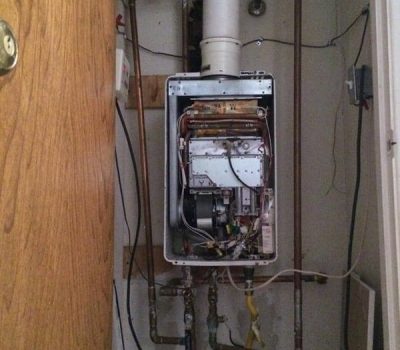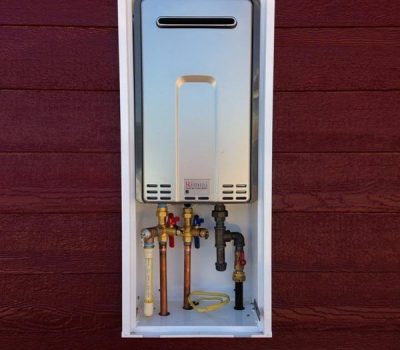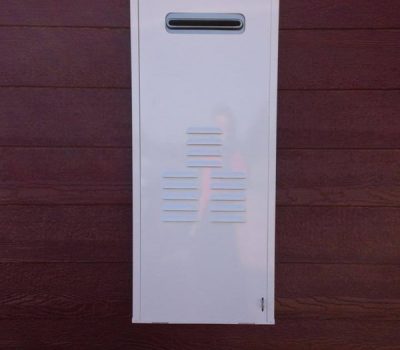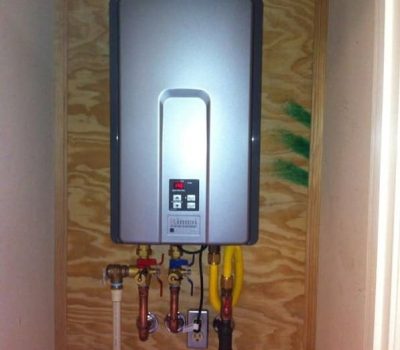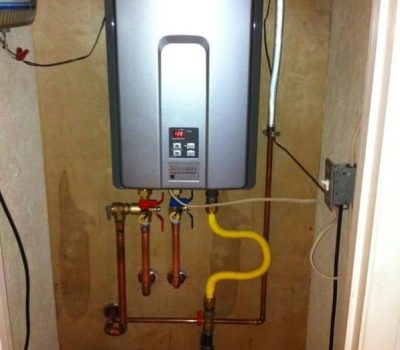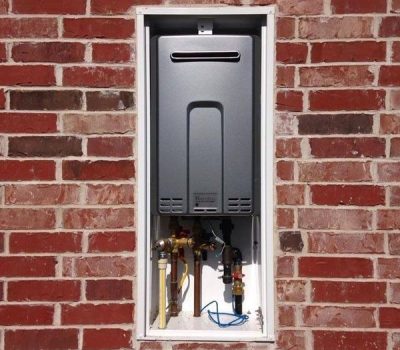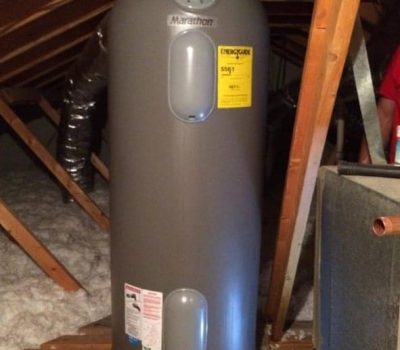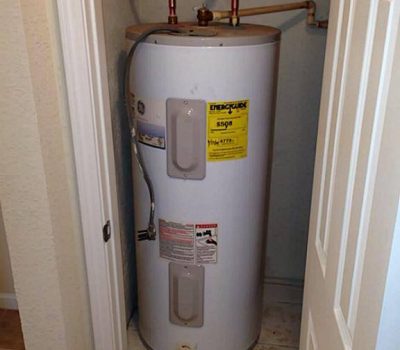Dependable Water Heater Replacement in Bonham, TX
Like any other home appliance, your water heater can experience wear and tear over time, causing it to malfunction or even break down entirely. Common issues include a lack of hot water, foul odors, discoloration, and bothersome noises from the unit. In Bonham, TX, residents are all too familiar with the trouble of inconsistent hot water, especially during those colder winter months.
Fortunately, Underwood Plumbing & Septic is just one call away. Our team of licensed plumbers specializes in repairing and replacing faulty water heaters. They are equipped with the necessary training and tools and are qualified to diagnose water heater problems accurately and promptly. With our help, you can have your water heater replaced and functioning effectively in no time.
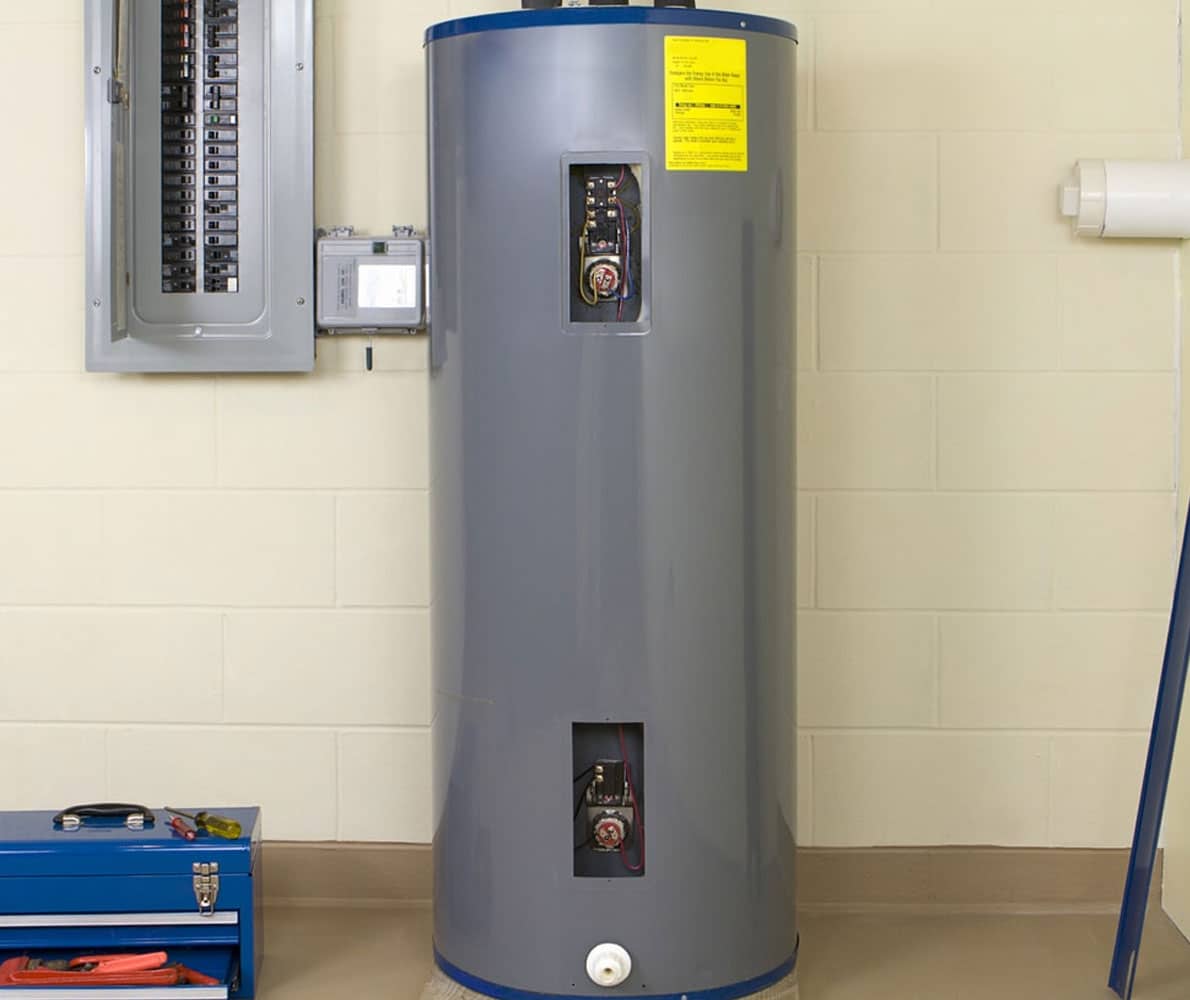
Red Flags Indicating It's Time for a New Water Heater
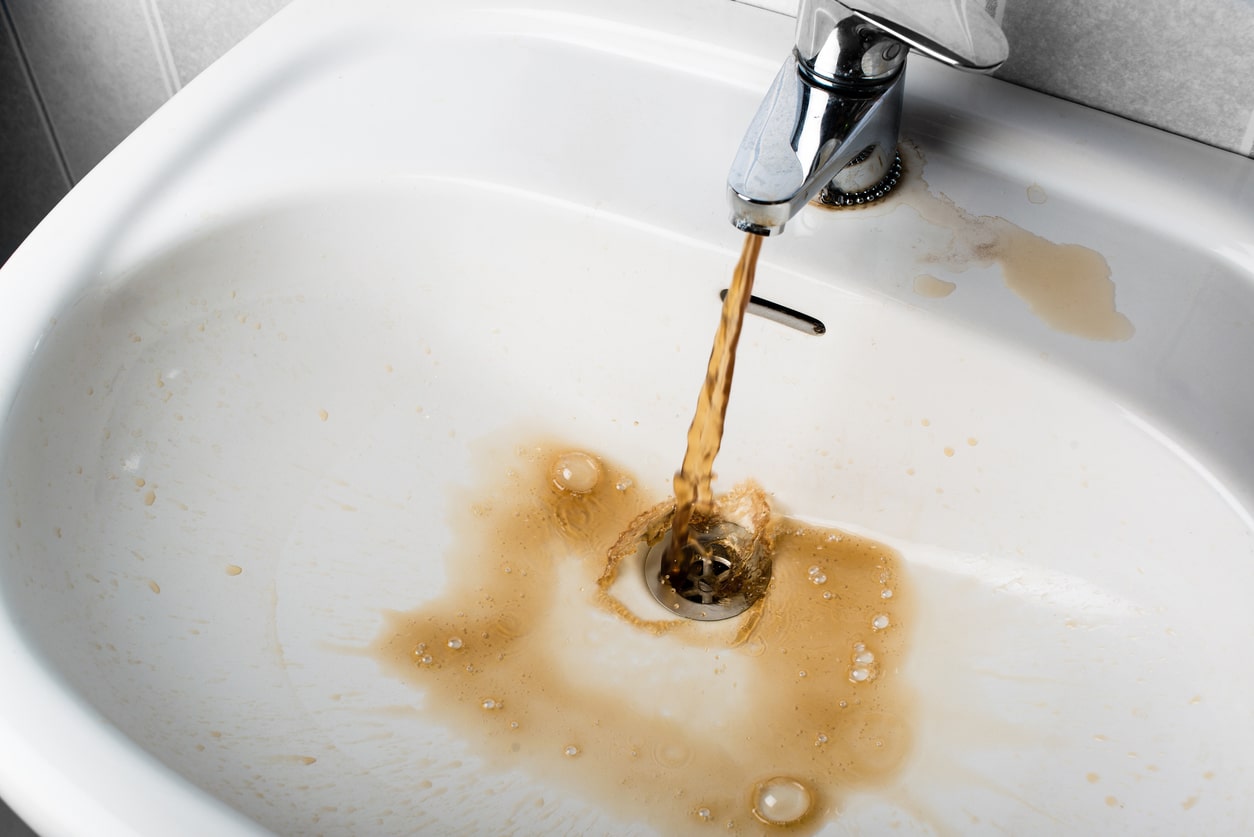
Expert Care for Your Water Heater
Water Heater Replacement FAQs
Choosing the right size for your water heater is crucial to ensure enough hot water for your household or business needs while optimizing energy efficiency. The ideal size depends on several factors, including the number of occupants, the peak hour demand for hot water, and the types of appliances and fixtures that will use hot water. For instance, a family of four might require a 50 to 60 gallon tank if using a conventional water heater or a tankless water heater with a flow rate of around 8-10 gallons per minute.
The ideal temperature setting for your new water heating system depends on your comfort preferences and energy-saving goals. However, most manufacturers set water heaters at 120°F by default, generally considered a balance between safety, comfort, and energy efficiency. This temperature is hot enough to satisfy most users’ hot water needs while mitigating the risk of scalding and minimizing energy consumption.
A rumbling noise from your hot water tank typically indicates sediment build-up at the bottom of the tank. Over time, minerals in the water can solidify and form a layer of sediment, interfering with your water heater’s efficiency and causing it to work harder than necessary. As water is heated, the sediment can cause water to become trapped and produce a rumbling noise as it is forced through the sediment layer. This not only decreases efficiency but can also shorten the lifespan of your water heater.


